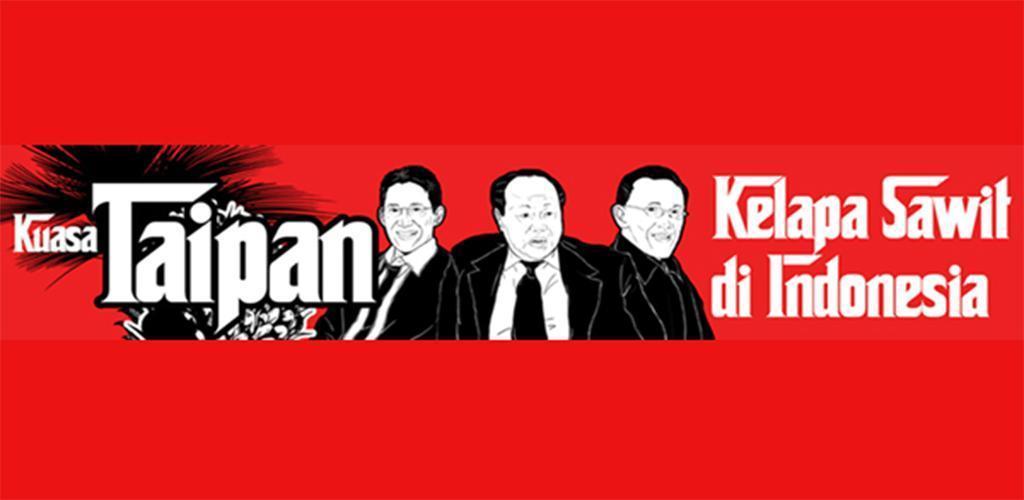12 Februari 2015 2 menit
Kuasa Taipan Kelapa Sawit di Indonesia

Transformasi untuk Keadilan – TuK INDONESIA masih sangat muda dalam eksistensinya.TuK INDONESIA mendorong terwujudnya hak konstitusional rakyat menuju keadilan, kesejahteraan dan jatidiri bangsa Indonesia. Visi ini bermakna sebuah tindakan kolektif – sebagaimana watak gerakan sosial – dan karena itu memposisikan TuK-Indonesia sebagai sebuah mata rantai dalam gerakan sosial di Indonesia, yang berpedoman pada realitas sosial masyarakat Indonesia yang beragam, baik asal usul, dinamika sosial, maupun orientasi perkembangannya masing-masing, yang diikat dalam sebuah visi kebangsaan.Implikasi dari nilai dasar dan visi TuK INDONESIA yang demikian itu mau tak mau harus menjangkau ruang-ruang struktural negara, sektor bisnis, maupun dinamika sosial masyarakat Indonesia.Sebagaimana diketahui, ruang struktural negara maupun sektor bisnis dibangun, dikembangkan, dan dikontrol melalui sistem peraturan dan kebijakankebijakan, sedangkan dinamika sosial masyarakat ditentukan oleh norma-norma yang dikembangkan oleh masyarakat bersangkutan.
Berangkat dari visi tersebut, sejak awal TuK telah terlibat secara langsung dalam advokasi kasus terkait konflik lahan maupun kemitraan, terutama di sektor kelapa sawit. Selain itu, pengalaman personal para anggota TuK dan keterlibatan dalam penanganan kasus membawa kebutuhan untuk memahami siapa sebenarnya person di ‘ujung sana’ dari suatu kasus. Dari sini, kami menyimpulkan pentingnya melakukan riset taipan, utamanya dari 25 grup perusahaan kelapa sawit terbesar yang beroperasi di Indonesia.
Secara faktual, pesatnya ekspansi perkebunan kelapa sawit di Indonesia telah menimbulkan masalah lingkungan dan sosial yang serius: sejumlah besar hutan yang memiliki nilai ekologis tinggi diubah menjadi perkebunan; habitat spesies yang dilindungi terancam punah; emisi gas rumah kaca meningkat secara signifikan karena pembangunan lahan gambut; dan banyaknya masyarakat yang kehilangan akses terhadap tanah yang sangat penting untuk kelangsungan hidup mereka saat mereka memiliki hak adat atas tanah tersebut selama beberapa generasi.
Buku Saku Kuasa Taipan Kelapa Sawit di Indonesia (final banget)
This post is also available in: English
